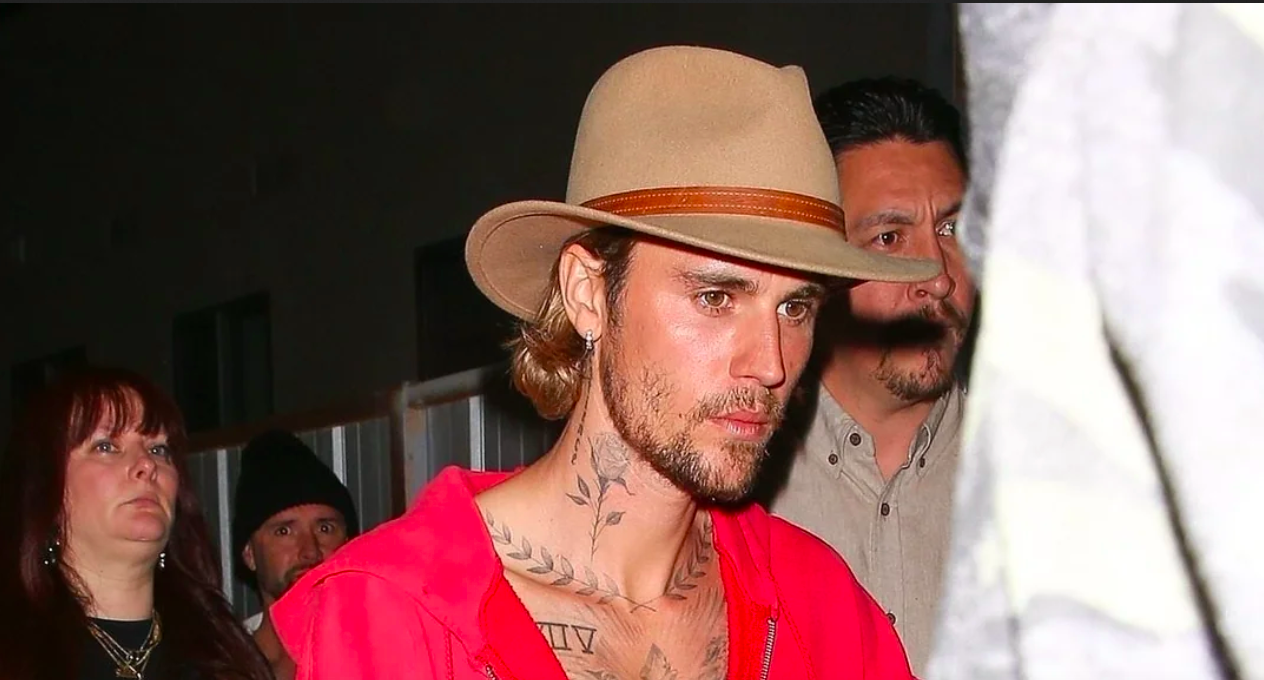Dad Blasts Kamala After Pro-Life Wife Sentenced to 3 Years for Blocking Planned Parenthood, Leaving Him Single Father
EXCLUSIVE: Desperate Deep State Could Stage An Attack On Kamala To Swap Her Out Before Election
Huh? Kamala Won’t Support Voter ID Because Rural Americans Don’t Have Access To Photocopy Machines
Watch: The View’s Joy Behar Worried About Polls Trending Positive For Trump
Fully Vaccinated Liam Payne Dies Suddenly in Tragic Balcony Fall After Medical Emergency in Argentina

One Direction star Liam Payne died suddenly on Wednesday after suffering a medical emergency and falling from a hotel balcony in Buenos Aires, Argentina. He was 31. Payne was fully vaccinated and boosted with COVID-19 […]
The post Fully Vaccinated Liam Payne Dies Suddenly in Tragic Balcony Fall After Medical Emergency in Argentina appeared first on The People’s Voice.
Justin Bieber Had ‘Mental Breakdown’ and ‘Might Be Suicidal’ Following Diddy Arrest, Warn Friends

Justin Bieber has suffered a “mental breakdown” and “shut himself off from the world” following the arrest of Sean “Diddy” Combs on sex trafficking and racketeering charges, according to close friends, who warn Bieber is […]
The post Justin Bieber Had ‘Mental Breakdown’ and ‘Might Be Suicidal’ Following Diddy Arrest, Warn Friends appeared first on The People’s Voice.
